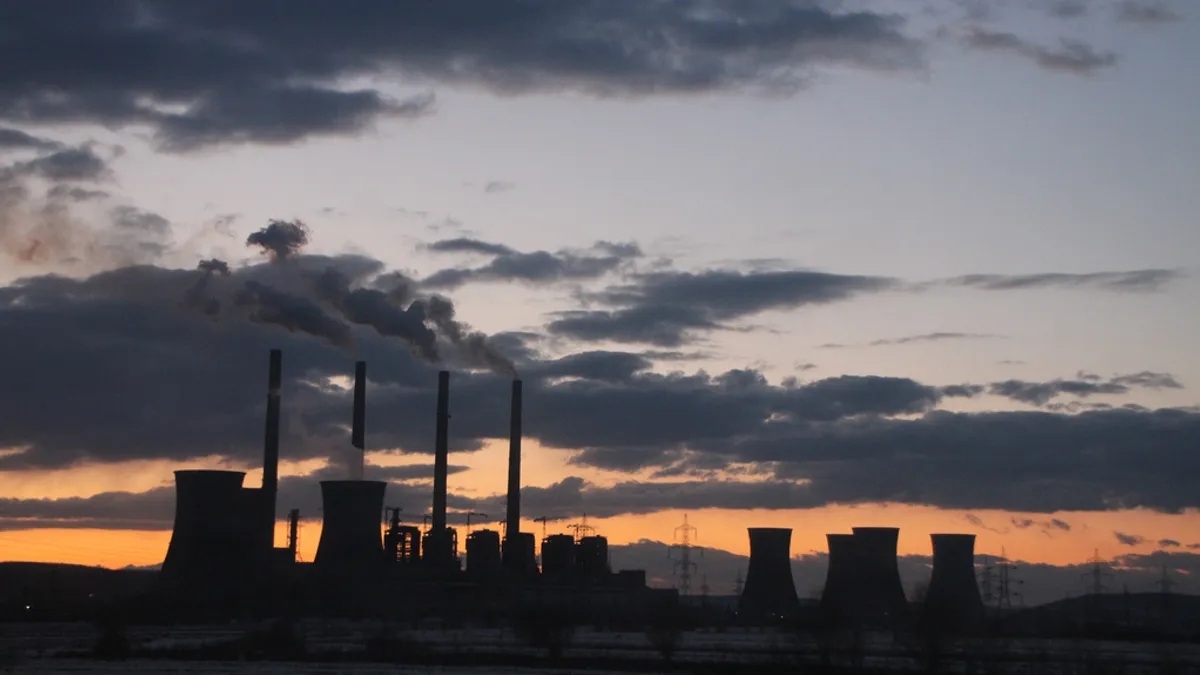Dive Brief:
- Michigan, which gets over 50% of its power from coal, is poised to shut down 25 coal-fired facilities by 2020, Detroit Free Press reports.
- The retirements signal a major shift away from coal in the coming years for the coal-reliant state, especially as the Clean Power Plan (CPP) compliance deadline approaches.
- However, although the retirements will be used to help meet CPP requirements, these power plant losings were planned before the CPP was finalized this summer. Many of the plants in question are old while state policymakers have been working to embrace cleaner energy.
Dive Insight:
Coal-heavy Michigan is on its way to a cleaner energy future, with more than two dozen coal plants tagged for retirement. The state also committed to filing a compliance strategy aligning with the federal government's Clean Power Plan. The CPP will mandate a 39% reduction in emissions by 2030 for Michigan, but the state is already on the way to a 17% reduction in the next five years.
The Detroit Free Press reports 25 plants in the state have been scheduled for retitrement: 3 DTE units; 7 Consumer's Energy units; 1 from Michigan South Central Power; 3 units from Holland Board of Public Works; 6 from the Lansing Board of Water and Light; and 5 units owned by Wisconsin Electric. All told, the retirements will equal more than 2 GW of capacity.
Despite the Republican-led state's historical reliance on coal, Michigan Gov. Rick Snyder has said developing a compliance plan is preferable to placing the state's future in the hands of Washington "bureaucrats."
But while Snyder's office said it appears a reasonable path to compliance can be found, he also lamented that more than half of Michigan’s renewable energy generation will not be awarded credits under the rate-based emissions approach in the final rule.
“The best way to protect Michigan is to develop a state plan that reflects Michigan’s priorities of adaptability, affordability, reliability and protection of the environment,” Snyder said in a statement. “We need to seize the opportunity to make Michigan’s energy decisions in Lansing, not leave them in the hands of bureaucrats in Washington, D.C.”
Michigan's push to comply with the CPP and to integrate more renewables into the mix is at odds with several of their fellow Republican states that are also heavily reliant on coal but have indicated they will challenge the rule and fight compliance.














